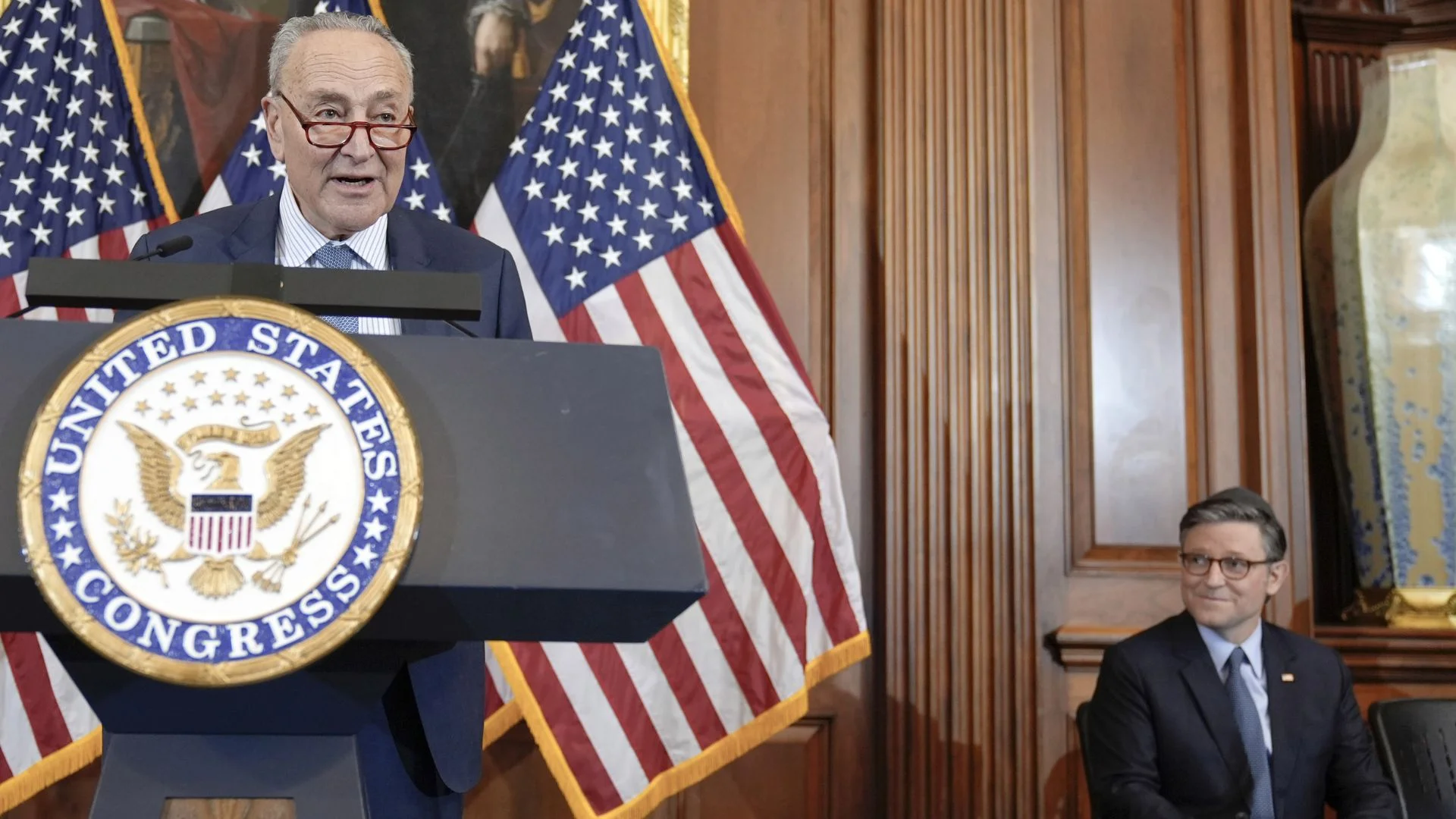The Senate passed a $895 billion defense authorization bill on Wednesday, featuring notable pay raises for junior enlisted service members and measures to counter China’s growing influence, while also including controversial provisions restricting transgender healthcare for children of military members.
Despite contentious negotiations, the bill passed 85-14 and now heads to President Joe Biden for approval. Senate Majority Leader Chuck Schumer called the legislation imperfect but praised its provisions to address national security threats posed by China.
The bill authorizes a 14.5% pay increase for junior enlisted service members and a 4.5% raise for others, addressing concerns about military families’ financial struggles. However, the legislation also bans the military health system from covering gender-affirming care for children under 18 if it involves potential sterilization.
Democratic Senator Tammy Baldwin criticized the bill for targeting transgender families, stating it undermines the bipartisan principle of supporting military service members without politicizing their rights. Her concerns reflected broader Democratic opposition to provisions Republicans added during negotiations, including the ban on teaching critical race theory in the military.
The Republican-controlled House passed a more conservative version earlier this year, proposing restrictions on abortion-related reimbursements, transgender care for troops, and diversity initiatives. Most of these provisions were excluded from the final bill, but Republicans plan to revisit defense funding priorities under a future GOP-led administration.
Senate Republicans, including Senator Roger Wicker, argued that the 1% defense spending increase is insufficient given rising global threats. Wicker called for more significant boosts to military funding, signaling future pushes for expanded defense budgets.
The bill must still be supported by appropriations to implement its directives, maintaining its role as a critical driver of Pentagon policy amid ongoing political and social debates.























